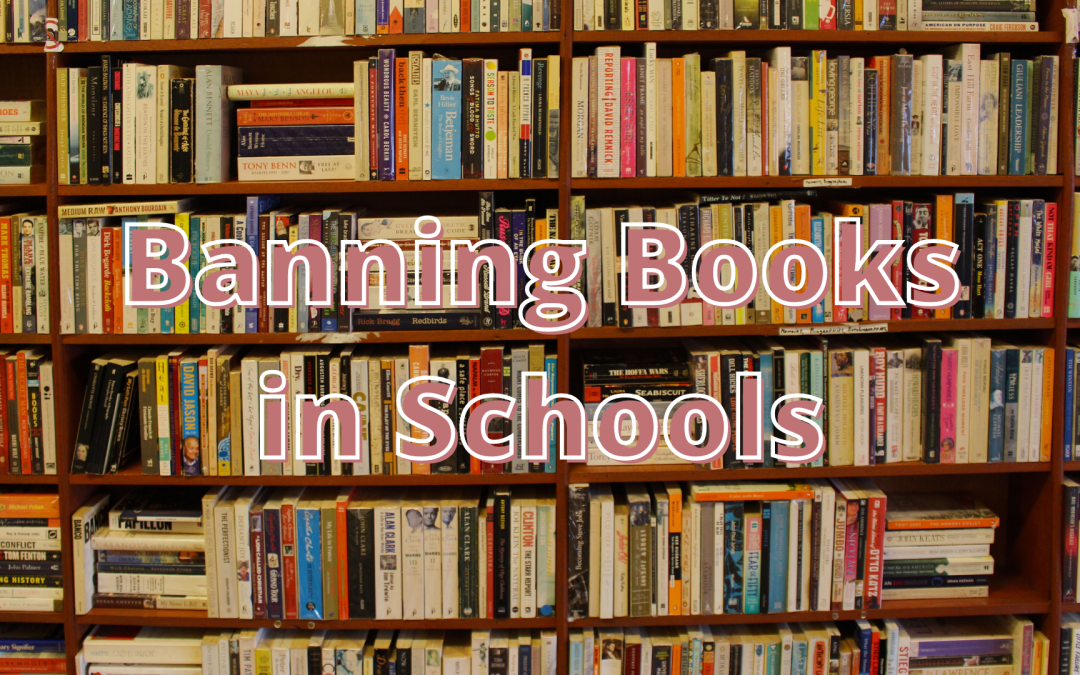No matter what stance you take, you’ve picked a side when it comes to banning certain books found in school libraries and being taught in the classroom. Whether you oppose or approve, each side has pros and cons that ultimately affect your children.
Increase in Challenges
Most often, parents are the individuals who are requesting a certain book to be banned. It typically begins when a child receives a reading list, and if parents disagree with books being on the list, they can ask the school to ban these titles from being mandatory reading materials. Even universities get requests for books to be banned. There’s been an increase in the number of challenges to books, sometimes as much as a request each week for a book to be banned. Most challenges to books are due to racial or sexual themes that are deemed inappropriate for younger readers. Both contemporary and classic books have been requested to be banned. With many younger generations comes a better understanding of social roles and lifestyle choices, leaving some older books to be a little “outdated” on certain materials. Most often than not, though, most parents, teachers, students and librarians will choose to keep the majority of these books in schools and reading lists. The general consensus is still geared towards their children learning about different times and cultures, no matter if the subjects are difficult or risqué.
Pros & Cons
However, you feel, there are good efforts made by both sides for the greater good of their children’s education. For some parents, they feel they should have the right to choose what books their children are going to read, and to refuse some of them if necessary. For example, some parents may have set timeframes to talk to their children about sex and sexual themes, and there could be a book with explicit or indirect sexual themes that may have their children learning things too quickly. At the very least, most parents will want an opportunity to talk to their children first and better explain some themes. Certain levels of censorship could even help prevent violent attacks from occurring. Sometimes certain book themes could help impressionable children learn what not to do, and could incite more violence through reading the book than if they had not. On the other side of that, is the fact that you would be denying children the chance to read the book and make their own formed opinions about the material. Even though parents are teachers, books are certainly teachers as well, and can give children the chance to learn something positive, even from a highly negative and controversial book. If children are constantly shielded from negative or bad situations and reading materials, they may end up with a skewed or unrealistic sense of reality too.
Banning of books is certainly a hot topic for all those involved, but it shouldn’t be about ourselves. Remember what you want your child to learn about life and the real world, and keep yourself aware of how your actions could hinder their growth when you may think it’s helping.
Katie Kyzivat

